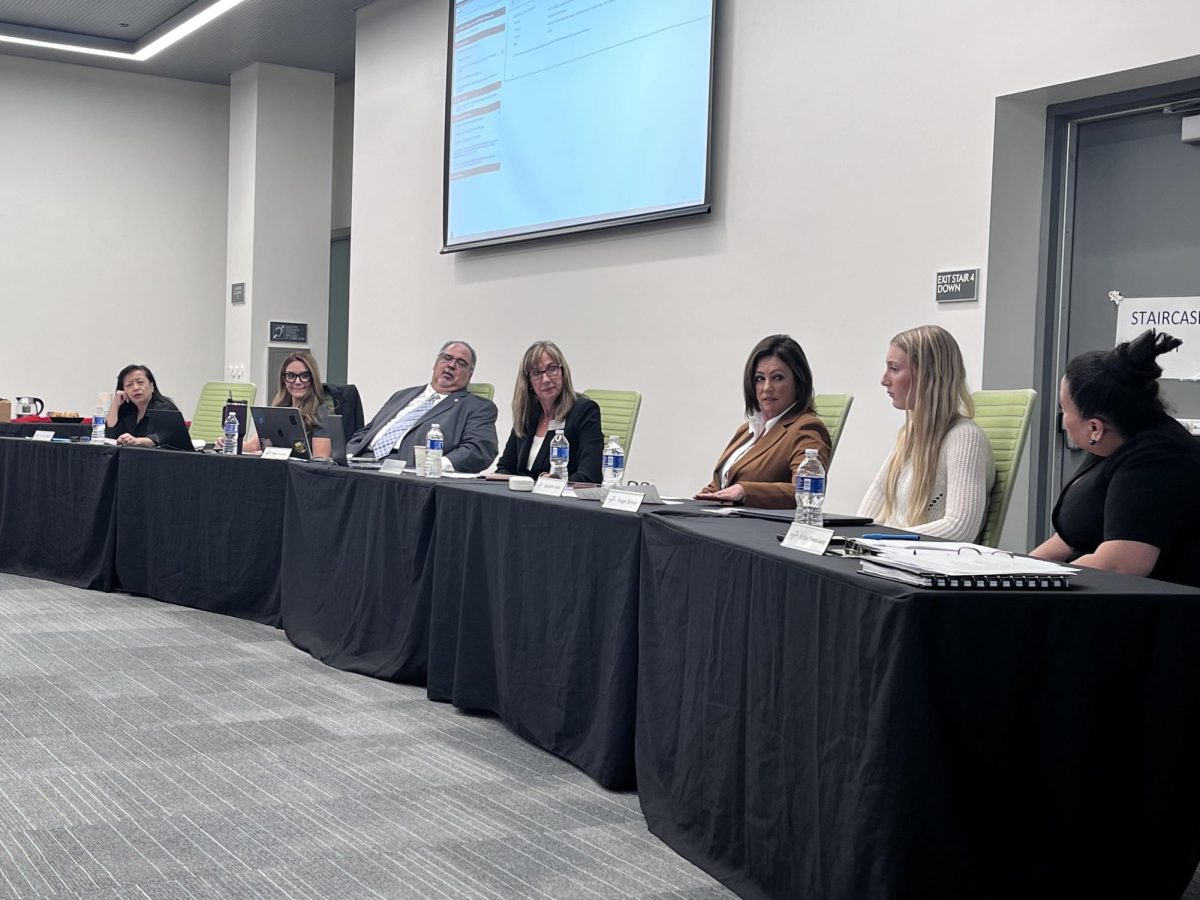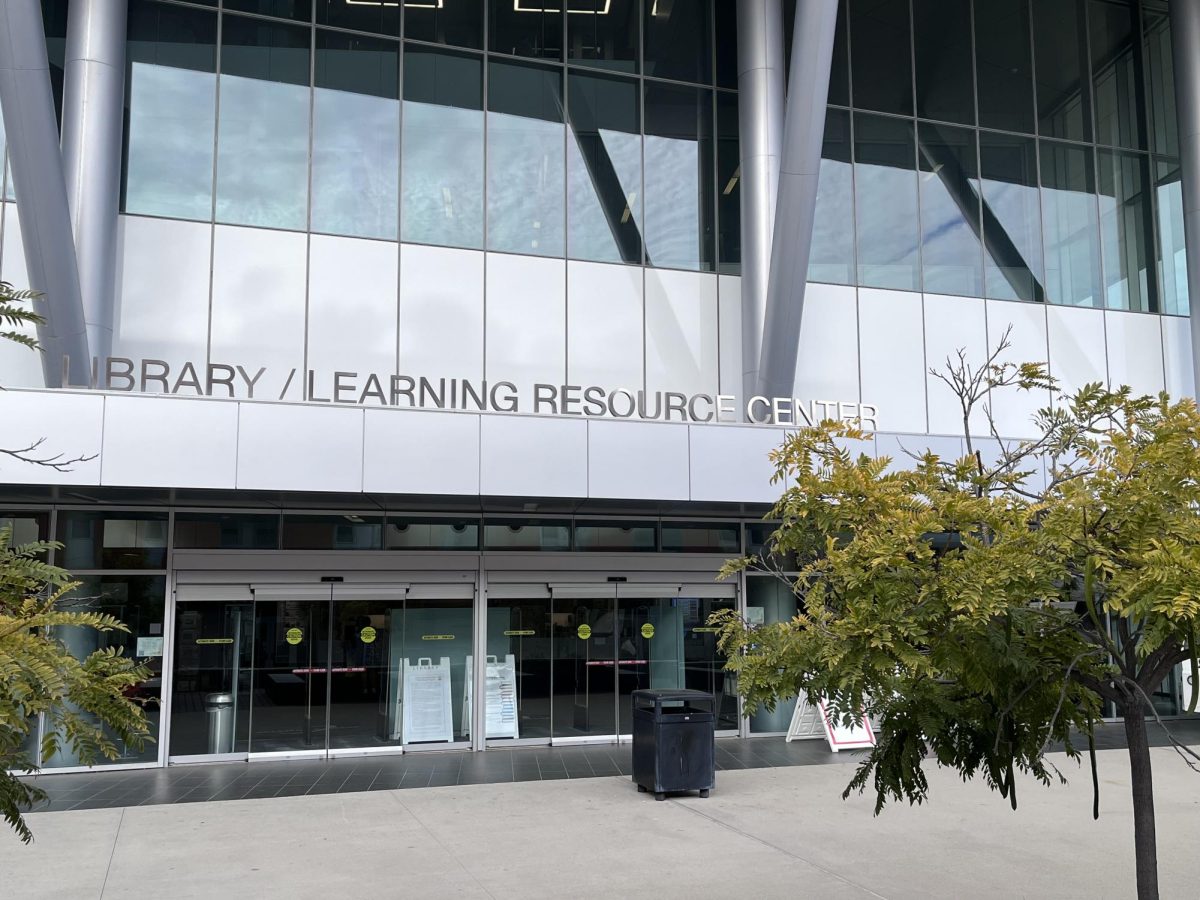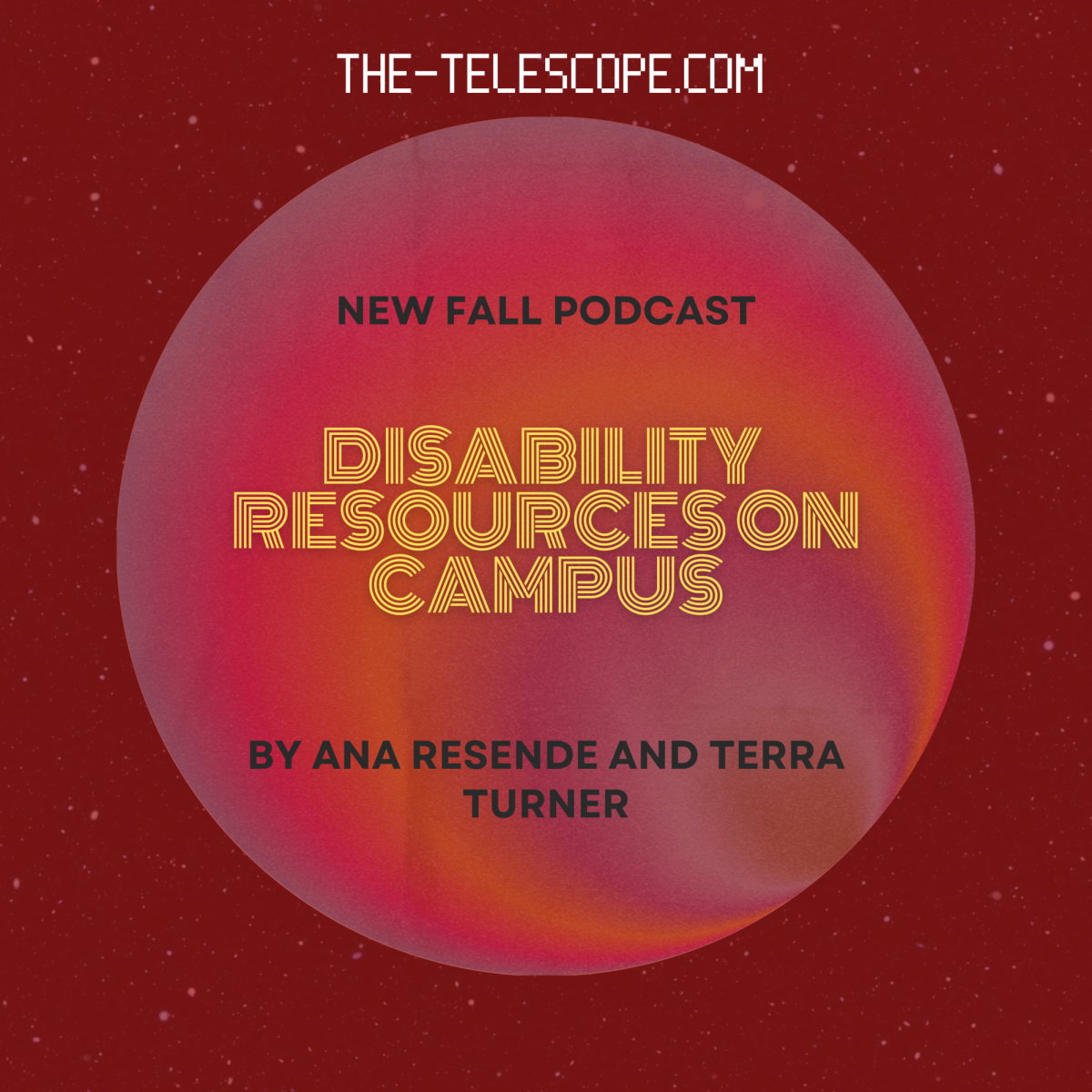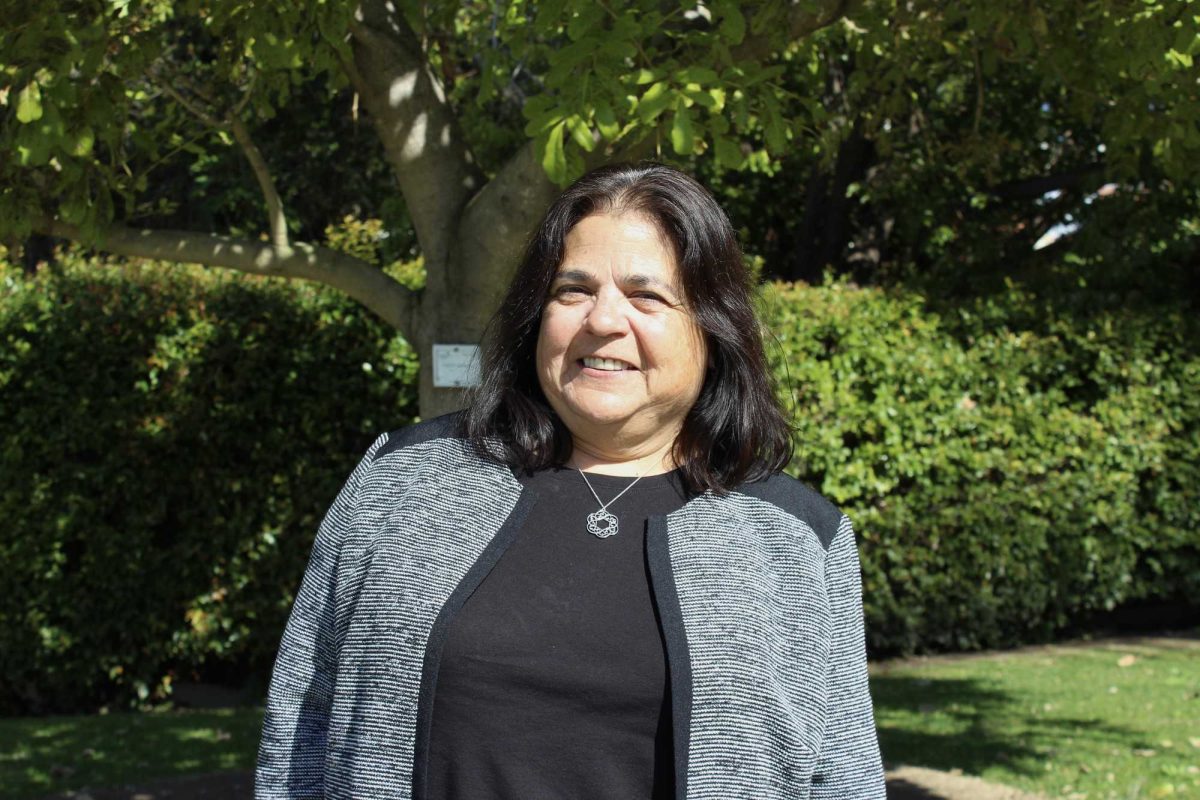Story by Courtney Davis
New changes are coming for all students seeking to complete a degree program at California community colleges enroll in classes beginning Fall 2019.
Assembly Bill 705, which took effect on January 1, 2018 must be implemented by California community colleges beginning Fall 2019.
This law will allow students to choose their own path to success using evidence that more effectively represents their strengths through experiences.
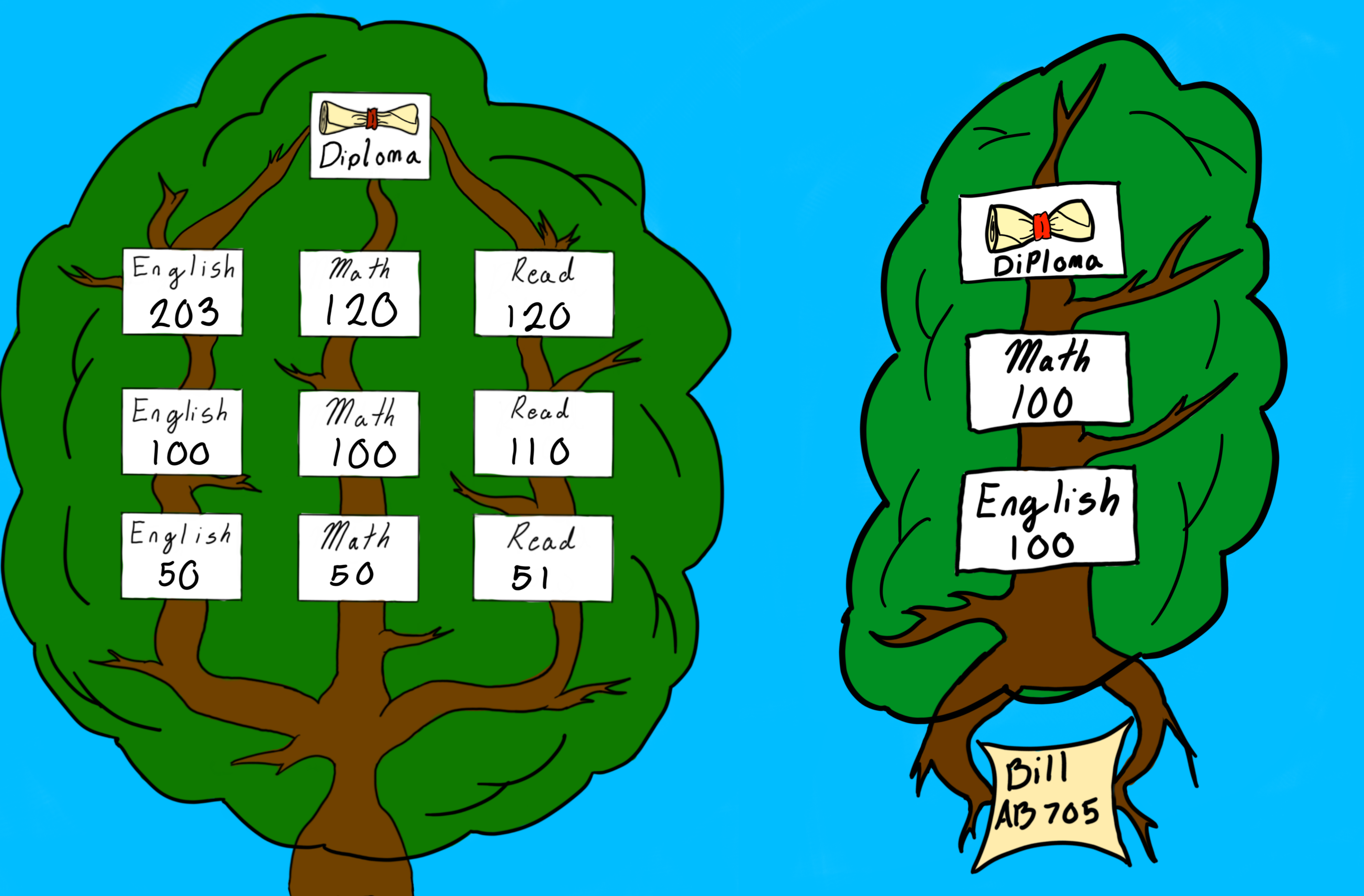
Purpose
Studies presented to assembly member revealed that students are spending far too much time at community colleges. Many students often do not end up completing the required transfer-level courses.
“When looking at the numbers of students that were taking remedial classes and never finishing a single level transfer course, we realized that there was a big problem,” said Assemblywoman Jaqui Irwin in a video released by the California Community Colleges.
“When we see that the average student spends 5.2 years in a community college, it’s a problem for the student. It costs them a lot of resources. They still have to pay for their living expenses. Some of them have families; so, it’s very expensive for them.”
Historical data collected through studies presented to assembly members revealed that many students were unnecessarily placed into remedial classes.
Assembly Bill 705 was passed to resolve the issue brought about by this situation.
Current rules set forth in Title V of the California Code of Regulations, statined that colleges required to use multiple measures in determining course placement have failed to provide the guidance necessary to ensure students have access to courses in which they can be successful in a timely manner.
The bill was written to clarify these already existing regulations.
Changes
Placement tests that were previously required by community colleges before enrolling in classes at the community college level will no longer be permitted.
A publication by the California Community Colleges Chancellor’s Office states that the Board of Governors will no longer allow any standardized placement tests beginning Fall 2019 for English and Mathematics.
“For classes beginning Fall 2019, Palomar College is now changing the way we place our students into Math and English courses. Did you know that Transfer-Level (Math + English) in Your First Year = Success?” read an announcement on Palomar’s online learning community, Canvas.
“Check out your placement in My Palomar e-services today! Look at the placement box in the bottom right-hand portion of the page. Find the Group listing for your math placement, the course number for your English or ESL placement, and the course number for your Reading placement. Then contact the Assessment Office at (760)744-1150, ext. 2476, 2383 or 2182 to find out which math class is best for you based on your placement and your major.”
Students will now have the choice to enroll in transfer-level English and Mathematics courses at the beginning of their first year of enrollment.
Community colleges will be restricted from requiring students to take remedial courses before attempting transfer-level courses.
Instead of placement tests, multiple measures such as high school coursework, grades, and GPA’s will be considered when advising students as to which courses they should enroll in.
Requiring the use of multiple measures allows for a low performance in one area to be offset by a higher achievement in another.
Research suggests a student’s high school performance is a stronger indicator of success in transfer-level academia than standardized placement tests may show.
Colleges may place students one level below transfer-level if the student is highly unlikely to succeed in the transfer-level course.
Enrolling in a remedial class will increase the likelihood of successfully completing the transfer-level course. Validation of placement below transfer-level is required by the college.
This new law will not prohibit the offering of remedial classes but rather, it will restrict the requirement of students having to take them.
The Mathematics and English Departments at Palomar College have since adjusted the remedial courses offered to align with the new law.
These changes are impacting students and faculty alike.
“Originally, not everyone was on board,” says Assistant Professor of Mathematics, Luis Guerrero.
Changes have been happening behind the scenes over the past few years in preparation for the upcoming fall semester.
Guerrero says the Mathematics Department has been diligently working to ensure the changes being made will still allow students who are not confident in Mathematics to succeed.
Elimination of some lower-level mathematics classes may create anxiety for students.
In preparation for this, changes have been made to the non-credit Bridge program, previously only offered in the summer, which provides students with a “math refresher.”
Revamping the Bridge program allows students who previously took classes such as Math 15 and Math 50, which are no longer offered, to feel more confident in their new placements.
Some students may not want to take support classes. Participating in the Bridge program may decrease the need for concurrent enrollment in support classes.
Guerrero says the Mathematics Department plans to expand the Bridge program next Spring to include a three-week intersession class followed by a one-week skills workshop.
During the regular Spring semester, they also plan to offer a 4-week Bridge class which will precede a 12-week fast track, transfer-level course.
Placement
Palomar College’s Assessment Center’s mission no longer includes administering placement and challenge tests. The last Assessment Center test was administered on April 14, 2019.
Now, assisting students in answering questions regarding the new placement structure is keeping the Assessment Center busy.
Many classes will no longer be offered at Palomar. The only non-transfer-level classes that will be offered for the Mathematics Department will be Math 54, 56 and 60.
These classes will be offered for self-placement only. All English students will begin with English 100.
Palomar will be placing all students, except those specifically identified, at transfer-level or transfer-level with support classes, beginning in Fall 2019.
Students will have the choice of self-placing at one of the limited non-transfer courses offered.
Based on students self-reporting during the CCC application process, multiple measures will be utilized in determining recommended placement either at or above transfer-level courses.
For some students, it may be highly recommended that they take a support class with their transfer-level course which will be denoted by a “W” next to the course which stands for “with support.”
Support classes are two-credit courses that will be scheduled immediately following the course for which the support is needed.
While it may be highly recommended to take support classes, the college cannot require students to enroll in them.
Multiple resources in the Math Center, Writing Center, and various tutoring centers will be available to all students enrolled in subsequent courses.
One issue some students may face with the online process is that they do not receive a placement recommendation, which can cause confusion.
“Some returning students don’t have access to their high school records,” said Palomar College Assessment Coordinator, Jose Ramirez. “The questions rely on their honesty in self-disclosing.”
Students that have not received a placement recommendation should contact the Assessment Office at (760)744-1150, ext. 2476, 2383 or 2182 for further guidance.
Intended Outcome
According to California Community Colleges, if the guidelines set forth within AB 705 are followed properly, colleges will see improved student success with more students completing transfer-level English and Mathematics courses within their first year and ESL students within a three-year timeframe.
By eliminating previously required standardized placement tests and allowing students to have the choice in their courses, fewer students will be improperly placed in remedial classes and more students will be on the path to transfer more quickly.
Colleges that fail to comply with AB 705 are at risk of losing funding for Assembly Bill 19, the College Promise, formerly the Board of Governor’s Waiver.
It is hoped the greater consequences for failure to comply will result in lessening the disservice to students created by requiring so many students to enroll in remedial courses.
While the goal of AB 705 is to allow students the opportunity to complete transfer-level classes in a timelier manner, there is some concern this could present barriers to certain student populations.
“My concern is the impact on DRC, ESL and returning students,” said Ramirez.
It will take time to see the benefit or impact of AB 705 on these specific student populations. With all the support services that will be provided, it is the hope that more students will be successful in completing Mathematics and English transfer requirements faster.

